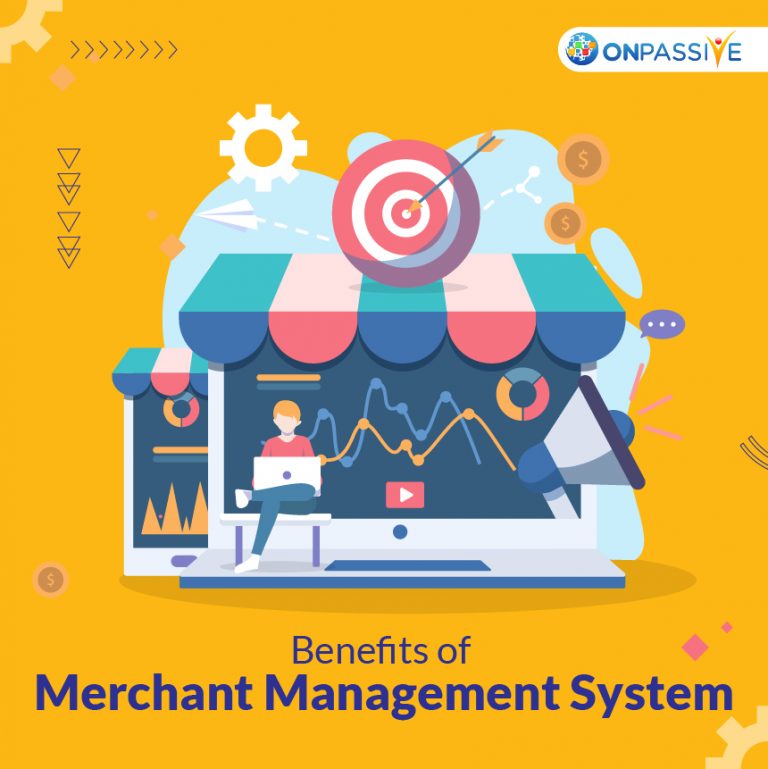
The Merchant management system, also known as MMS, is a web-based environment used by merchants to track real-time data on transactions. They track information about data transactions generated by payment gateways. With a Merchant management system, both the payment service provider and merchant can access transaction receipts and transaction history.
A Merchant management system is a powerful tool that enables merchants to access and monitor all the transactions that pass through a payment gateway. The entire system provides merchants with access to transaction history and various other reports, including account invoices and transaction summaries.
The Growing Need for Merchant Management System
Digital disruption has resulted in many changes, including the way business is conducted and executed these days. There is a huge need to redesign and rethink how merchants are handled by competitive banks, with multiple payment options available in the current scenario.
Accepting different payment methods from your customers through various channels is essential for growing your business. Payment regulators are constantly working on finding new ways to improve the payment process to make the entire process safe and secure.
There are four parties involved in any online transactions. There are:
- The merchant – Who accepts the payments.
- The customer – Who makes the payments.
- The Issuing Bank – The bank which holds the customer’s account.
- The Acquiring Bank – The bank which processes the payment on behalf of the merchant.
Merchants need to have access to the payment processor, payment gateway and merchant account to be able to receive online payments.
What is a Payment Gateway?
A Payment Gateway is basically a service which enables the merchant to accept online payments through multiple payment modes other than cash payments. Through payment gateway, customers can also submit payment information through a digital platform over the internet.
A Payment Gateway helps connect all kinds of merchants with payment networks. This service is integrated with the merchant POS system along with the online E-commerce website enabling merchants to accept online payments using the card details of customers and other payment methods.
A Payment Gateway acts as a link between customers bank to merchants account so that the funds can easily be transferred between both accounts.
A Payment Gateway provides the following solutions:
- Effectively route the information to and from the payment processor or acquiring bank.
- Integrated your online store and point of sale (POS).
- Responds to merchants with approved or declined messages on transactions.
- Fetch and encrypt the payment information for a secured transaction.
Role of Merchant Account and Payment Processor in Digital Transactions
It is mandatory for a merchant to have a separate and dedicated account known as a Merchant account to be able to receive online payments. A merchant account is a type of bank account that enables businesses to accept payments in multiple modes, including credit and debit card payments and ACH payments. Acquired banks or payment processors usually provide these accounts.
Payment processors are also known as merchant bank or credit card bank. It is a financial institution licensed with card associations such as MasterCard, Visa or Amex. It helps create and maintain a merchant’s bank account.
Merchants need to sign a contract with acquiring banks to enable the processing of prepaid card transactions through their websites.
Benefits of implementing Merchant Management System
A Merchant Management System is specifically developed to help acquirers navigate market complexities and provide practical, comprehensive solutions to merchants.
Key benefits of implementing Merchant Management System are as follows:
- Offers powerful tools to enable the implementation of complex pricing models in a simple manner.
- The ability to customize all aspects of every function that is available in the system in a practical way.
- Extended in-built integrating tools.
- Capacity to describe complex merchant and partner structures by defining business rules at different points of hierarchy.
- The ability to manage the processing of applications through customizable workflows.
Businesses that are keen on improving their processes need to invest in more flexible infrastructure for effectively looking after their merchant management. A merchant management system is a limitlessly flexible platform and helps to offer more future-proof solutions to businesses.
Conclusion
Managing merchant operations can be a complex process for businesses. However, this process can be simplified and segmented with an effective tool. A sound merchant management system help merchants in many ways, from managing their day-to-day jobs, assist them in several aspects of the trade, effective merchant onboarding and help track their leads and locations at all times. Having a good Merchant Management System ultimately leads to an increase in business profitability.


